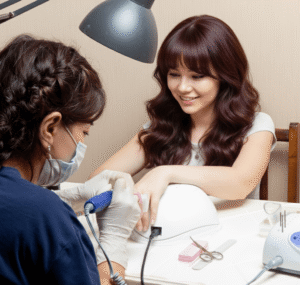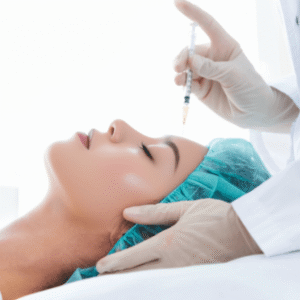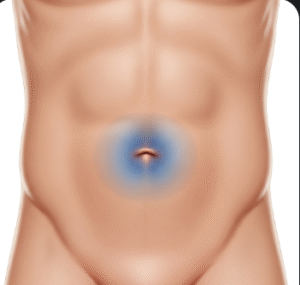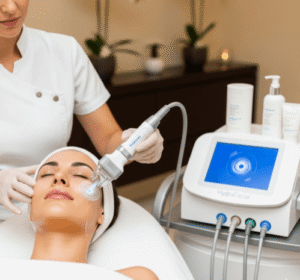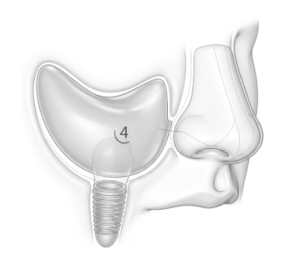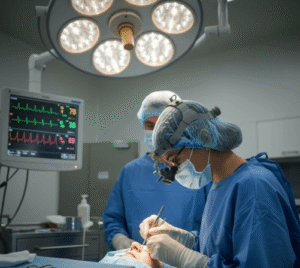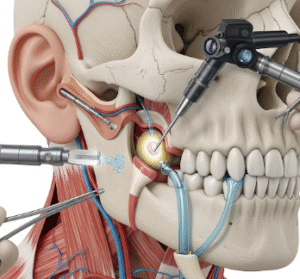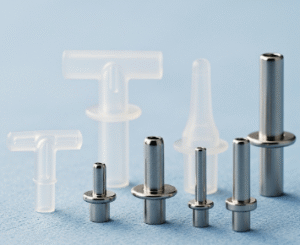What It Is
Asian double eyelid surgery (incisional method) is a procedure designed to create a defined upper eyelid crease in patients of East Asian descent. This surgery involves making small incisions along the desired crease line and suturing the eyelid structures to form a permanent fold. The incisional method is preferred for patients with excess skin, fat, or thick eyelid tissue requiring long-lasting results.
Why It’s Done
Patients choose incisional double eyelid surgery to:
- Enhance eyelid definition and symmetry
- Improve appearance and make eyes look larger or more expressive
- Correct asymmetry between eyelids
- Address functional concerns if eyelid skin obstructs vision
Ideal candidates are adults with fully developed eyelids, realistic expectations, and healthy eyelid tissue.
Alternatives
- Non-incisional (suture) method: Less invasive but may be temporary or unsuitable for heavy eyelids
- Temporary eyelid tapes or glue: Non-surgical but short-term solution
Preparation
- Consultation with a Korean plastic surgeon to assess eyelid anatomy, skin thickness, and fat distribution
- Medical history review and eye examination
- Avoid blood-thinning medications and smoking
- Fasting required if general anesthesia is planned
How It’s Done
- Procedure performed under local anesthesia with sedation or general anesthesia
- Small incisions are made along the planned crease
- Excess skin or fat may be removed if necessary
- Sutures secure the eyelid fold in place
- Surgery typically lasts 1–2 hours; outpatient procedure
Recovery
- Swelling and bruising for 1–2 weeks
- Stitches removed within a week if non-absorbable
- Avoid rubbing eyes, strenuous activity, and makeup during initial recovery
- Follow-up visits to monitor healing and crease formation
Possible Complications
- Asymmetry or uneven crease
- Over- or under-correction
- Swelling, bruising, or temporary numbness
- Infection or scarring (rare)
Treatment Options in Korea
Diagnosis
Korean surgeons perform detailed eyelid and eye assessments, measuring skin thickness, fat distribution, and natural crease position. Imaging may be used for complex cases.
Medical Treatments
Non-surgical options like eyelid tapes or adhesives offer temporary crease formation but do not provide permanent results.
Surgical or Advanced Therapies
Korean clinics utilize precision incisional techniques, minimally invasive suturing, and customized crease placement. Combined fat removal and skin excision ensure natural and long-lasting results.
Rehabilitation and Support
Postoperative care includes swelling management, suture monitoring, follow-up consultations, and support services for international patients to ensure safe and smooth recovery.
Advantages of receiving treatment in Korea: highly skilled surgeons, advanced surgical tools, precise aesthetic planning, long-lasting results, cost-effectiveness, and comprehensive support for international patients


